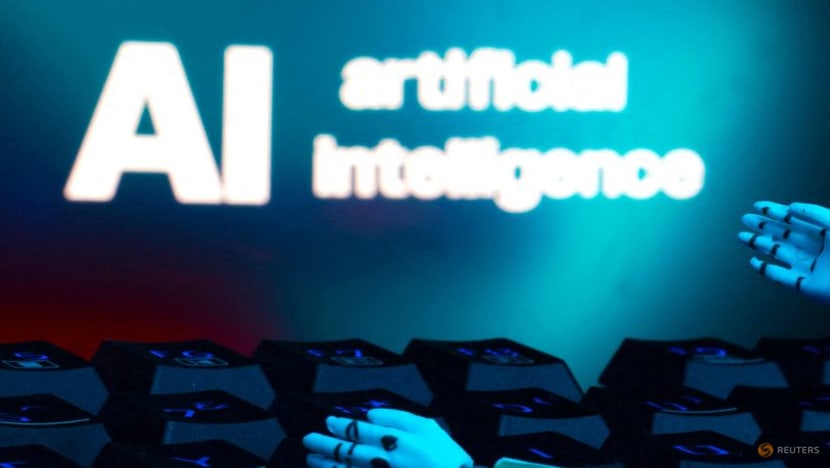Lawyers face sanctions for citing fake cases with AI, warns UK judge

FILE PHOTO: A message reading "AI artificial intelligence," a keyboard and robot hands are seen in this illustration created on January 27, 2025. REUTERS/Dado Ruvic/Illustration/File Photo
LONDON :Lawyers who use artificial intelligence to cite non-existent cases can be held in contempt of court or even face criminal charges, London's High Court warned on Friday, in the latest example of generative AI leading lawyers astray.
A senior judge lambasted lawyers in two cases who apparently used AI tools when preparing written arguments, which referred to fake case law, and called on regulators and industry leaders to ensure lawyers know their ethical obligations.
"There are serious implications for the administration of justice and public confidence in the justice system if artificial intelligence is misused," Judge Victoria Sharp said in a written ruling.
"In those circumstances, practical and effective measures must now be taken by those within the legal profession with individual leadership responsibilities ... and by those with the responsibility for regulating the provision of legal services."
The ruling comes after lawyers around the world have been forced to explain themselves for relying on false authorities, since ChatGPT and other generative AI tools became widely available more than two years ago.
Sharp warned in her ruling that lawyers who refer to non-existent cases will be in breach of their duty to not mislead the court, which could also amount to contempt of court.
She added that "in the most egregious cases, deliberately placing false material before the court with the intention of interfering with the administration of justice amounts to the common law criminal offence of perverting the course of justice".
Sharp noted that legal regulators and the judiciary had issued guidance about the use of AI by lawyers, but said that "guidance on its own is insufficient to address the misuse of artificial intelligence".













